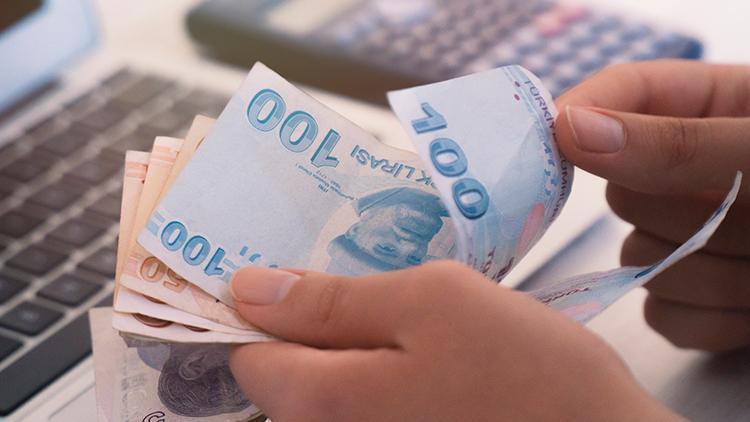Turkish economy to grow 5 pct despite ‘uncertainties’
ISTANBUL

Turkey is expected to see a rebound in real economy activity in 2021, but in an environment of macroeconomic uncertainty and elevated vulnerabilities, said a World Bank report released on April 27.
“Turkey and much of the rest of the world will struggle to shake off the COVID-19 pandemic this year. Annual growth in Turkey is nevertheless expected to be a respectable 5 percent since the ‘base’ for comparison in early 2020 was exceptionally low,” said the Turkey Economic Monitor report.
Turkish exports are expected to account for two-thirds of growth in 2021, normalizing from the severe shock of last year, while private consumption is expected to only contribute slightly to growth, according to the World Bank economists.
“The shock to the labor market is likely to have long-lasting effects, and social assistance, as well as active and targeted labor market policies, will be increasingly important to ensure people, especially women and youth, can fulfil their potential,” noted David Knight, an expert at the World Bank Turkey Office and team leader for the report.
“While the recovery in late 2020 has helped labor markets recover somewhat, many have been left behind, especially women, youth and lower-skilled workers. This, in conjunction with high inflation is likely to have hurt the poor more. Poverty is estimated to have risen to 12.2 percent in 2020 from 10.2 percent in 2019,” the report said.
Last year, Turkey responded to COVID-19 with a large economic stimulus program, focused on credit channels. In fiscal terms, Turkey’s COVID-19 stimulus package amounted to nearly 12 percent of its gross domestic product (GDP), including tax deferrals and contingent liabilities.
Uniquely amongst G20 countries, Turkey’s support was overwhelmingly provided through the banking sector, and was not realized as direct fiscal costs on the budget, but as contingent liabilities to the government in future.
Turkey’s GDP grew by 1.8 percent in 2020, which was the fastest amongst G20 countries in 2020 aside from China.
On the other hand, inflation gradually accelerated and reached an 18-month high of 16.2 percent in March 2021.
The credit boom, along with a sharp fall in tourism receipts, drove the current account deeply into a deficit of 5.1 percent of GDP in 2020.
The World Bank advised the Turkish Central Bank to substantially raise the level of gross international reserves and to bring the level of reserves net of short-term drains back into positive territory.
“A firm commitment by the Central Bank to tame inflation will be necessary to restore macroeconomic stability,” it said.
“Developments in Turkey’s key economic partner, the European Union, indicate that decarbonization will be proceeding with increasing speed. Turkey can use the opportunity of adapting existing policy frameworks, including those related to COVID-19, to support firms in planning for an adjustment to low-carbon markets over time,” it added.
“The crisis offers an opportunity. Measures to incentivize a green recovery – and begin a green transformation – can keep Turkey at a competitive advantage as global markets decarbonize. A more diversified and greener financial system would support a resilient, sustained recovery,” said Auguste Kouame, World Bank Country Director for Turkey.
















